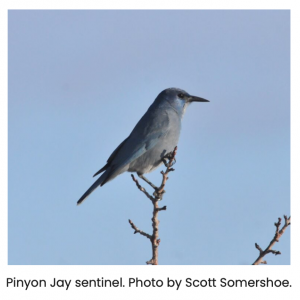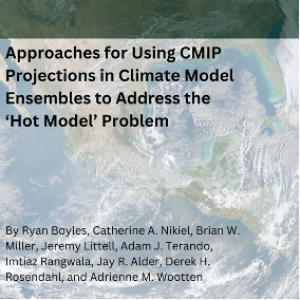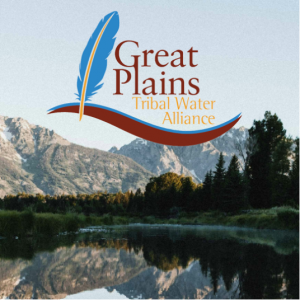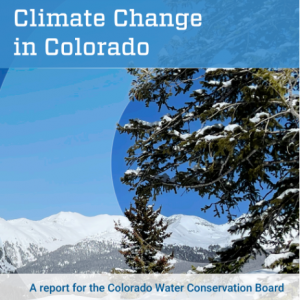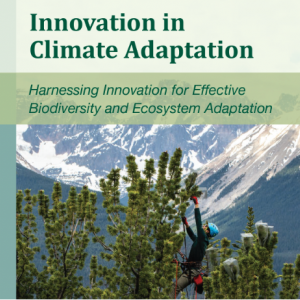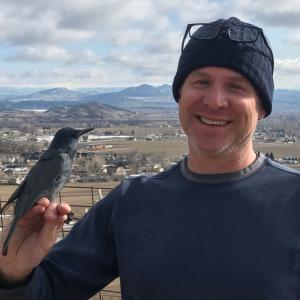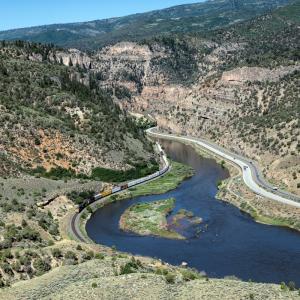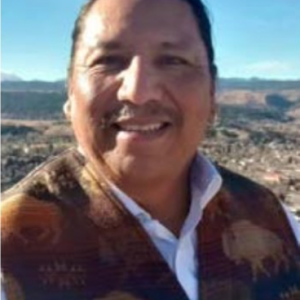News
Recording Available for February 8th webinar
Pinyon Jays are an iconic species of piñon-juniper woodlands across the Intermountain West. Since the late 1960s, the species has experienced significant, long-term population declines and is now under review for potential listing under the Endangered Species Act. Find out more in the webinar recording.
New Publication: Approaches for Using CMIP Projections in Climate Model Ensembles to Address the ‘Hot Model’ Problem
A new publication from USGS, the NC CASC, and the University of Oklahoma discusses approaches for using CMIP projections in climate model ensembles to address the 'hot model' problem.
Incorporating Climate and Environmental Justice into Research and Resource Management
The U.S. Geological Survey National Climate Adaptation Science Center (NCASC) invites all audiences interested in the intersection between climate and environmental justice and environmental research to join the webinar series “Incorporating Climate and Environmental Justice into Research and Resource Management.”
New Report: Climate Change in Colorado
A recent report led by Becky Bolinger and colleagues at Colorado State University synthesizes and highlights the most recent research on climate change in Colorado. This is the third edition of “Climate Change in Colorado.” NC CASC Social Science and Climate Science Leads, Heather Yocum and Imtiaz Rangwala, reviewed and contributed to this report.
New “Innovation in Climate Adaptation” Report from CASC Network and Partners
Innovation in Climate Adaptation was produced by National Wildlife Federation, the USGS CASC network, and the IUCN Species Survival Commission Climate Change Specialist Group with input from an “international workgroup of adaptation experts.” The report was published yesterday (Jan. 17, 2024) with NC CASC’s Regional Administrator Molly Cross as a lead author.
Utilizing Cultural Intelligence to Advance Tribal Engagement and Partnerships
Interested in learning more about Cultural Intelligence? Come hear NC CASC's James Rattling Leaf at CU Boulder on January 24. The hybrid session will provide recommendations for working with Tribal communities based on the knowledge that long-term relationship building with these communities is the foundation upon which educational programs, research collaborations, and other initiatives must be co-created.



